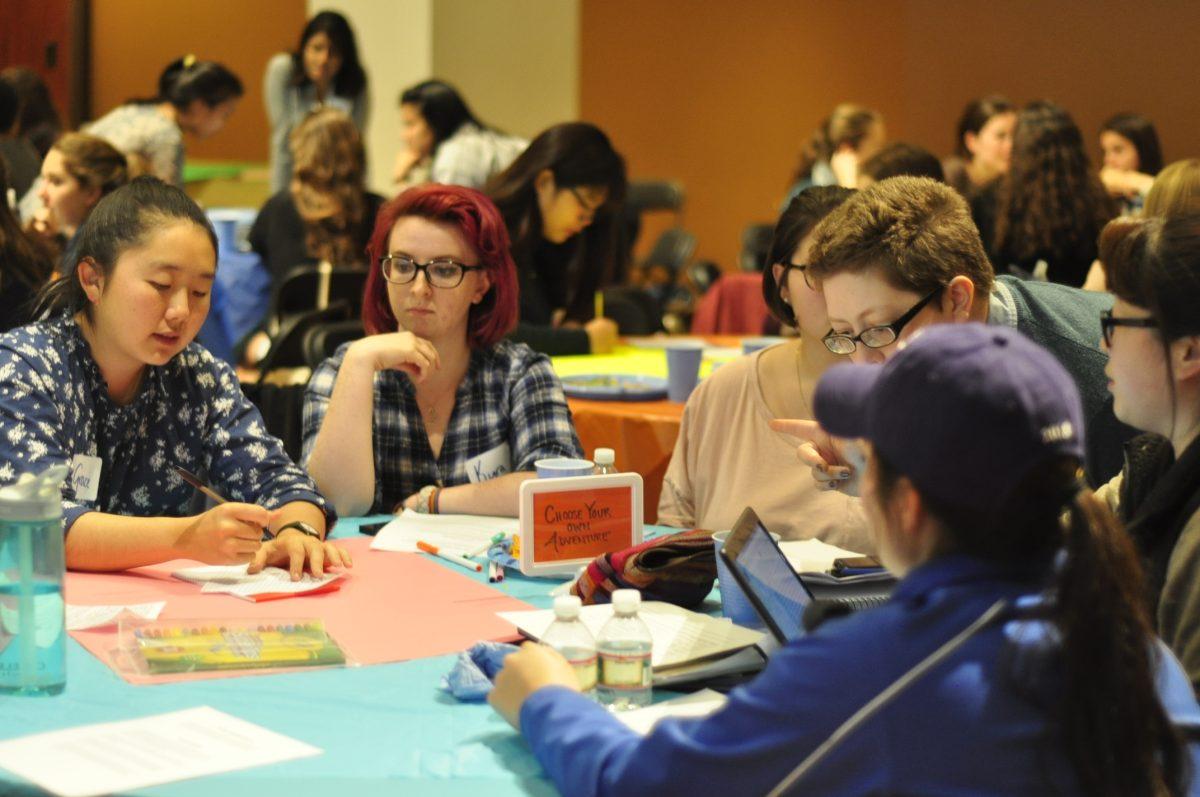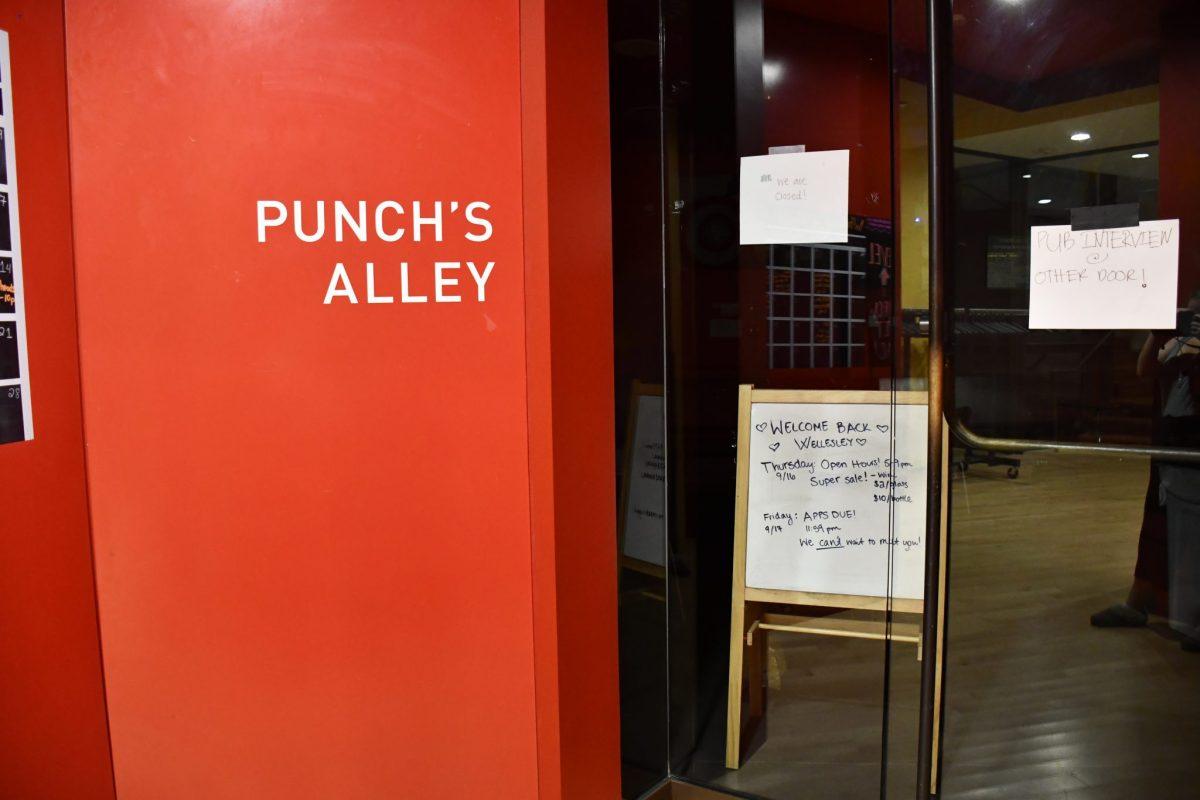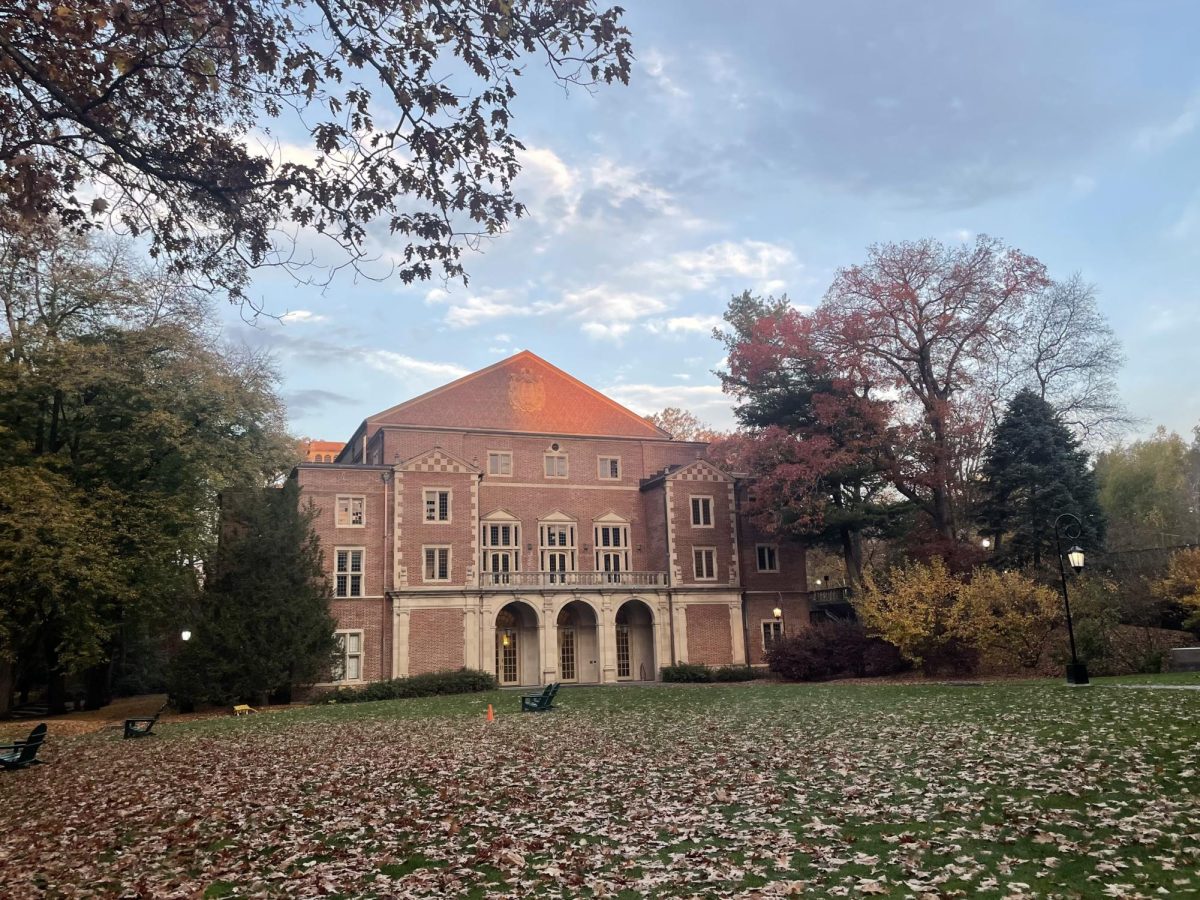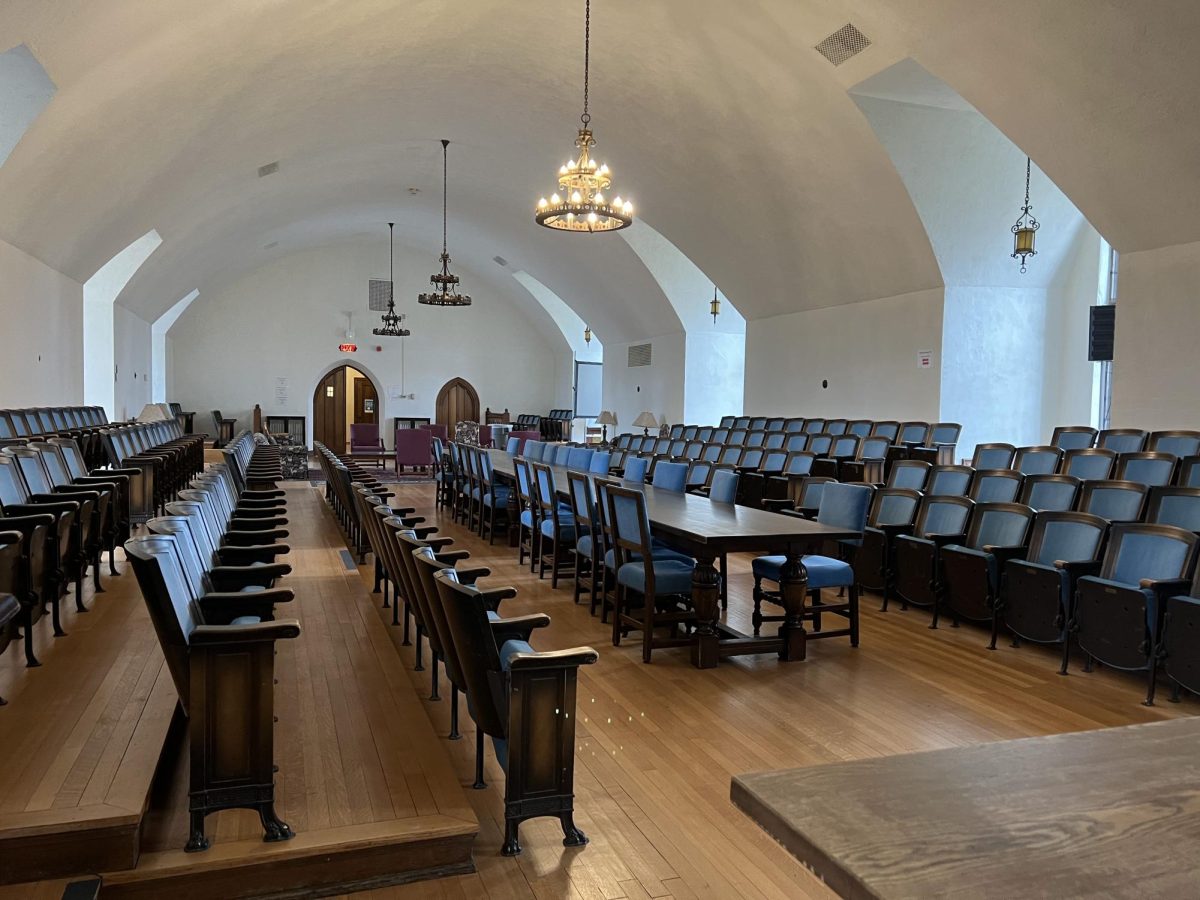This week Senate voted to allocate $11,000 towards Ideafest, instead of a second ballot initiative. This year’s ballot initiative resulted in funding for RAs and HPs. Previously known as the College Government Hackathon, Ideafest is a unique opportunity for students and College Government (CG) Senators to collaborate on student-proposed initiatives to improve campus life at Wellesley. The event is planned for Wednesday, Dec. 2.
“It was a very big decision to make, and senate talked about this issue for at least ten minutes every senate meeting for a month,” Senator Debra Rowcroft ’19 said. She went on to mention that this is more than the usual time given to most issues in Senate, and discussions about Ideafest ran even longer. Senators were responsible for bringing in ideas and concerns expressed by their constituents in each residence hall’s House Council.
“Ideafest will serve as a critical site for community innovation,” CG President Adeline Lee ’16 said. The committee plans to have a similar set-up to last year’s event, in which students worked in small groups at round-tables to foster collaboration.
“It served as an incredible forum, a way for people to come together and collaborate on ways to improve life at Wellesley, said CG Secretary-Treasurer Jessica Shin ’18.
Projects will be based around themes of equity, sustainability, wellness, campus and interpersonal life, technology, multiculturalism, accessibility, music and arts and “choose your own adventure,” in which students will have free range to work on projects outside of these themes.
Last year’s Ideafest in October was the first ever at Wellesley and resulted in some projects that have been successfully integrated into campus life.
“A key difference here, that was not the case in our first year of Ideafest, will be magnitude,” Lee said. The 2014 Ideafest budget was $2,000 in total, and a single idea was eligible for up to $750. The event has the potential to fund larger and more expensive ideas this year.
One of the successful ideas to emerge from Ideafest last year was the Peter Pan bus tracker. The concept evolved from a twitter hashtag, #TweeterPan, into a Facebook page that students update on the bus’s whereabouts, notifying others about potential delays or of when the bus is full.
“That idea actually came out of a Claflin house council meeting. We were all discussing the Peter Pan and the lack of communication…Through our discussion about the Peter Pan, eventually the idea of a Facebook Updates Page was created as a way to consolidate information about the bus’ whereabouts,” Shin said.
When asked to comment on how this year’s Ideafest will differ from the last, Lee stressed the greater potential impact that the second Ideafest has for current and future Wellesley students.
“I, my Cabinet and also College Government President’s Council (CGPC) are emphasizing this year’s need to think bigger and bolder about what students would like to see at Wellesley—not only for the rest of their time here at Wellesley but also for future generations of students coming to our campus,” Lee said.
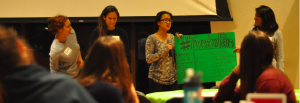
Community hoops is another popular idea that emerged at last year’s session. Allocated the maximum $750, this project provided free hoops to seniors for the annual hoop rolling competition, so they do not have to buy them from Cafe Hoop. Students can decorate and use them for the event, then return them so that seniors can use them the next year. This idea aimed to make the annual hoop rolling event equally attainable for all seniors, and former CG President Hana Glasser ’15 called this project her favorite to emerge from Ideafest.
At last year’s Ideafest, voting took place through pollanywhere.com. Students at the event texted to vote for their favorite project.
Lee noted that some students may not be able to attend the event because of class or other commitments, but still want their voices heard. This year’s voting may be extended to two or three days and the committee is currently investigating ways to improve the voting process in order to make a more inclusive and democratic.
“I’d like for this year’s voting process to have that same spirit of live buy-in and observable results but to also find a way to make the voting process more democratic,” Lee said.
Lee noted that although CGPC members continually work on Ideafest projects, information about their progress did not typically reach the community beyond Senate.
“One area of concern for students this year was that winning projects lacked visibility,” Lee said. With this information in mind, CGPC is considering creating committees that can communicate with both CG and the Wellesley student body.
Some students who were involved in Ideafest 2014 have expressed that the hour allocated to create solutions was not enough time, especially because they did not have access to knowledge about how Wellesley College works. As a solution, CGPC plans to invite administrators and faculty members to part of the brainstorming period this year to answer questions and offer insight into how they see the College.
“I think there’s an opportunity here to tap into a deeper source of institutional memory and knowledge,” Lee said, noting that many of these people have been at the College for decades.
Students who want to be involved in Ideafest should come to Tishman Commons at 5:30 p.m. on Dec. 2 for the opportunity work on student-run projects and improve Wellesley.

